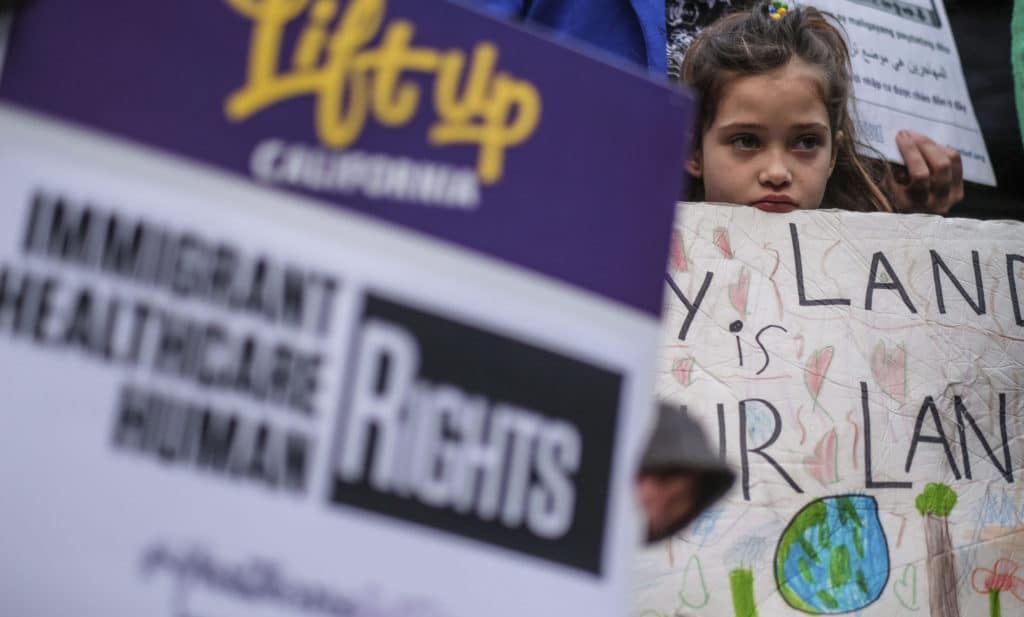Indian children feel the most empowered, even as a large number of young ones across the world are deeply affected by global issues such as unfair treatment of migrants, according to Unicef. At least 52 per cent of children in India believe that their opinions can affect the nation’s future, according to a study conducted by the organization.
However, more and more children worry about global issues affecting their peers and them. The children aged 9-18 in 14 countries are “deeply concerned about global issues affecting their peers and them personally, including violence, terrorism, conflict, climate change, unfair treatment of refugees and migrants, and poverty” another Unicef survey said.
The survey among the children in Brazil, India, Japan, Kenya, Malaysia, Mexico, the Netherlands, New Zealand, Nigeria, Egypt, South Africa, Turkey, the United Kingdom and the United States showed that at least 70 per cent children in India have the most confidence in their leaders.
Four in 10 children in the countries surveyed worry about unfair treatment of refugee and migrant children worldwide. An Unicef report in September 2016 said that nearly half of the world’s refugees — 8 million — are children. Another report in May 2017 showed that there has been a five-fold increase in refugee children traveling alone in the last seven years.
In Mexico, Brazil and Turkey, more than half the children worry about unfair treatment of refugee and migrant children across the world. Around 55 per cent children in Mexico worry that it would affect them personally. Mexico borders the United States and has a high crime rate. U.S. President Donald Trump has made it clear that the Dreamers Act will no longer be renewed and young adults who came as undocumented minors can lose their jobs.
The children from the 14 countries also worry about global terrorism and poor education. Children in Turkey and Egypt worry that terrorism would affect them personally. There has been an increase in mass attacks in the two countries with the rise of the Islamic State group. Turkey borders Syria, which was one of the worst affected by the terrorist group. Half of the child refugees recorded by UNHCR were from Syria and Iraq — two countries that faced the brunt of IS group directly.
“World Children’s Day is about listening to us and giving us a say in our future. And our message is clear: We need to speak up for ourselves, and when we do, the world needs to listen,” Jaden Michael, a 14-year-old activist and UNICEF child advocate, said. The report was released as part of the celebration of the World Children’s Day, which is observed on Nov. 14. Children today want their leaders to take first and foremost action on terrorism, poor education and poverty. All three issues can affect children from living the best possible life when it stunts their growth, both physically and mentally.
